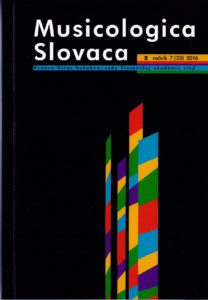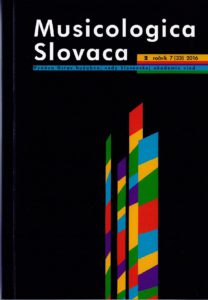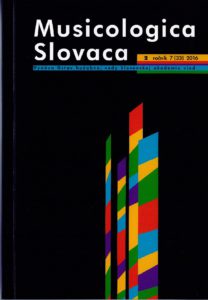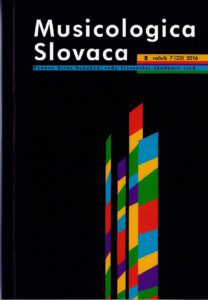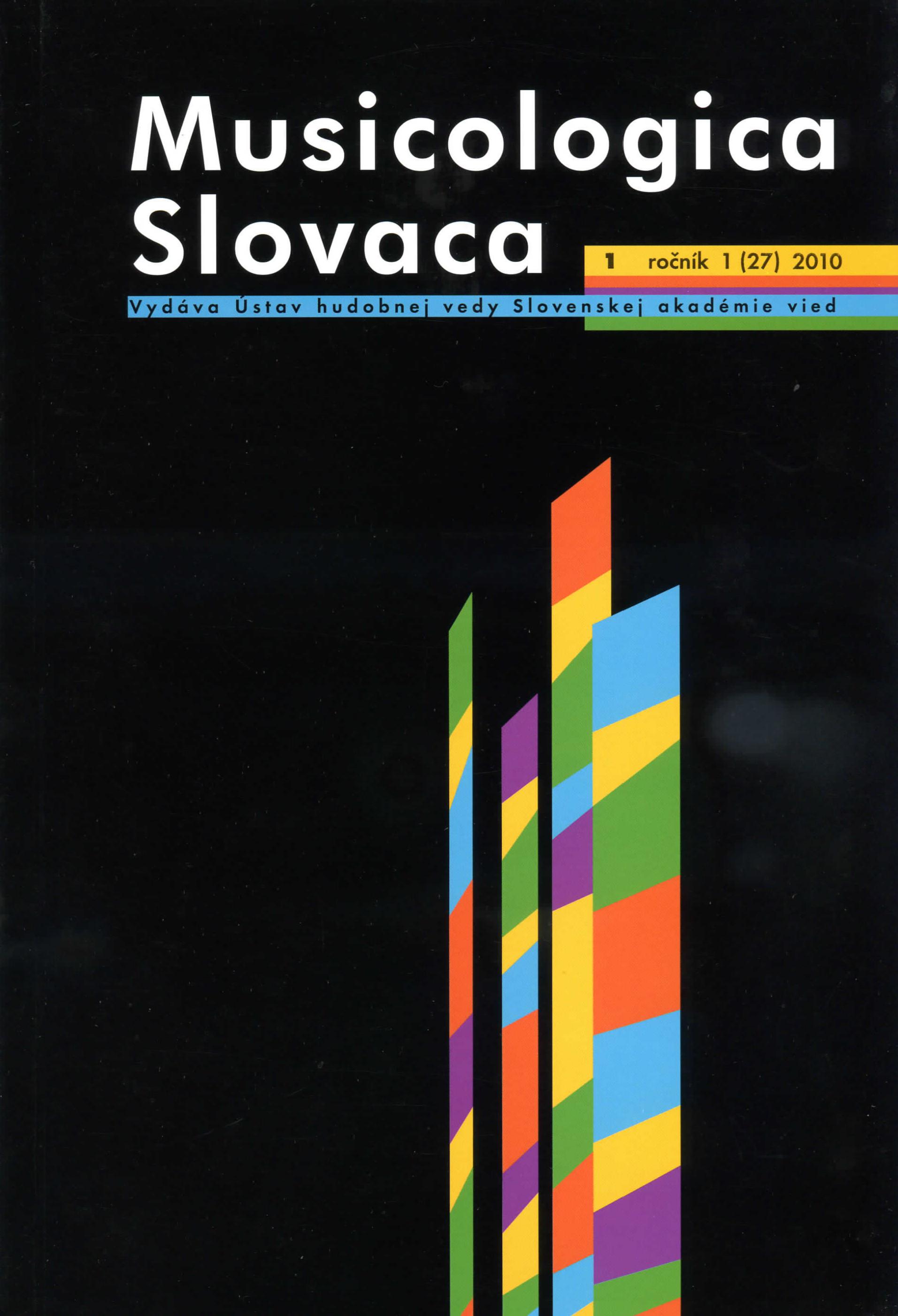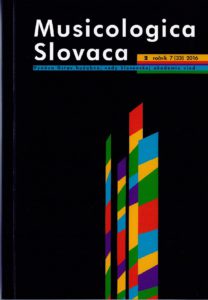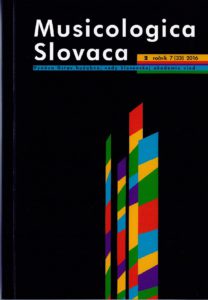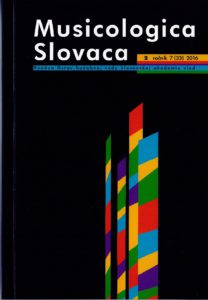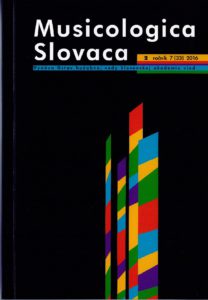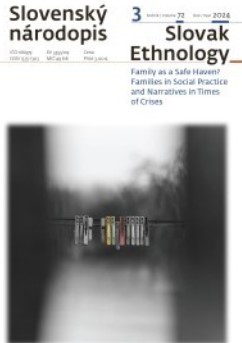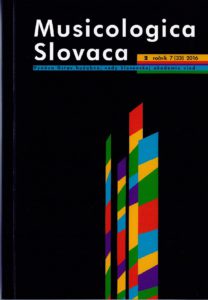
Mestské divadlo v Prešporku na sklonku 19. storočia a jeho riaditelia Emanuel Raul a Ignácz Krecsányi
The City Theatre in Pressburg began operation in 1886 in a newly-erected building (now the Historical Building of the Slovak National Theatre). The building belonged to the city, which rented it under a theatrical contract to the German and Hungarian theatre directors and their companies. The individuals in question were the German director Emanuel Raul (1843–1916) and the Hungarian director Ignácz Krecsányi (1844–1923), who were active in the City Theatre at the close of the 19th century. The city, as owner of the building, decided on the hiring of the theatre and influenced its everyday operation with stipulations. Selection of the repertoire was the responsibility of the director, who compiled a daily plan of performance based on requirements laid down in the contract, as well as the preferences of the regular audience. This was comprised of German-speaking inhabitants, a fact which is reflected clearly in the theatre’s attendance.
More...
